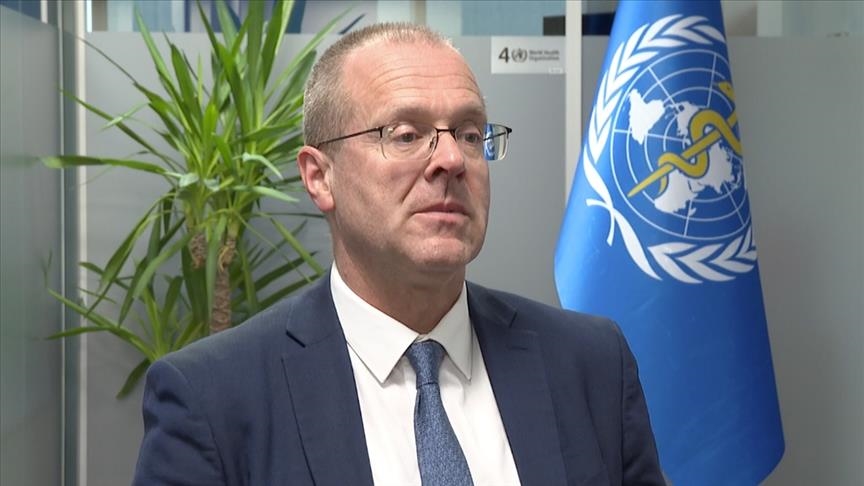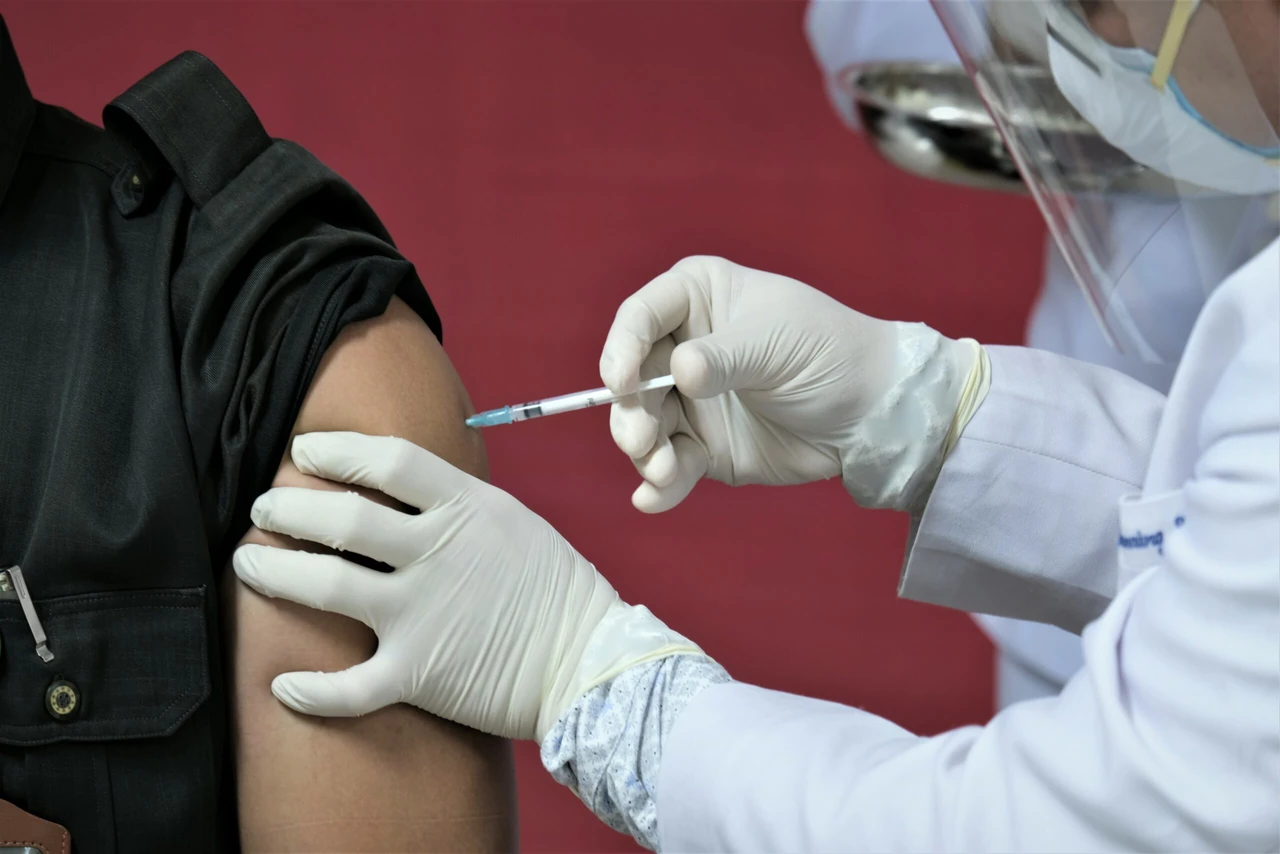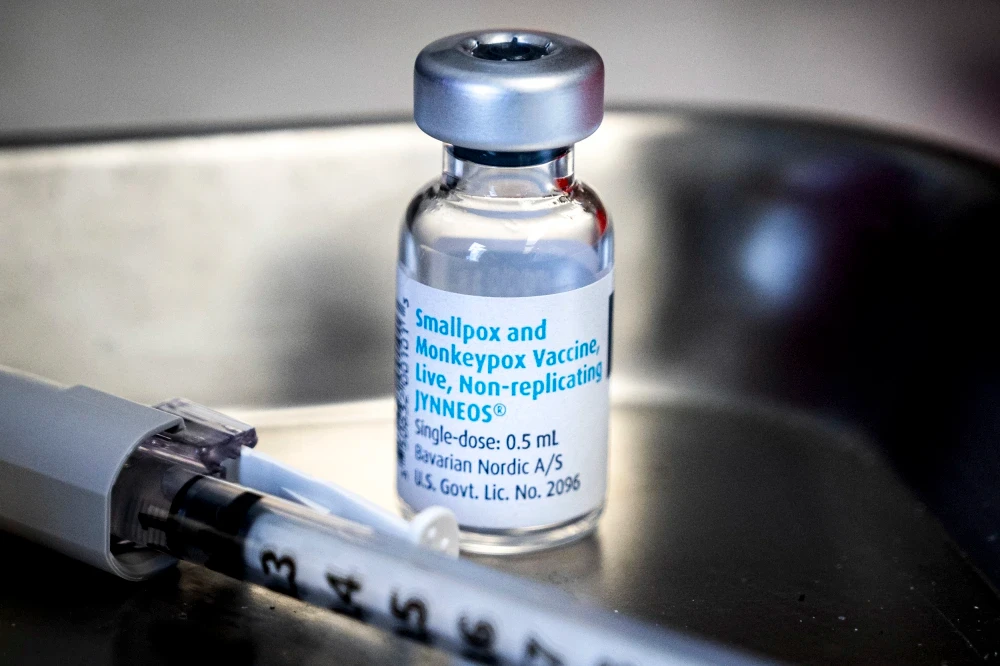Mental health crisis looms as ‘next pandemic’, WHO warns
WHO Europe chief highlights the rising prevalence of anxiety and sleeping issues among youth, calling for urgent attention to address these concerns
A senior official at the World Health Organization (WHO) has cautioned that mental health challenges are emerging as the “next pandemic” on a global scale.
“Mental health issues (are what) I call the next pandemic. We are working together to strengthen the mental health of the population,” said WHO Regional Director for Europe Hans Kluge.
Kluge emphasized that the COVID-19 pandemic, with its prolonged lockdowns, has significantly impacted mental health worldwide, particularly among young people.
“Anxiety and sleeping problems have become increasingly prevalent among youth and demand urgent attention,” he stated.
Highlighting data from the European Union, Kluge revealed that approximately one in six individuals in the EU is experiencing distress, anxiety, or sleeping disorders.
Kluge also stated that in certain countries, even the youngest children spend approximately six hours a day in front of screens. He said they are exposed to all kinds of “unregulated advertising or violence” or sometimes a picture symbolizing “a perfect body” that triggers their anxiety.
Moreover, Kluge addressed broader societal stressors, including climate anxiety and geopolitical conflicts, which contribute to what he terms a “permacrisis” affecting mental well-being.
“The youth is anxious about the climate. They know that the world is heating up everywhere. There are wars between Russia and Ukraine, and Israel and Gaza. The people are busy with that. We are living in what I call a ‘permacrisis.’ There is a permanent crisis and for people, this impacts the mental status,” he added.
‘Peace, permanent cease-fire in Gaza most important medicine’
Regarding the Israeli attacks in Gaza, Kluge said: “What we need most urgent is peace.”
“Peace and a permanent cease-fire is the most important medicine because when there is a war and hospitals are being destroyed, of course, there is a breeding ground for infectious diseases, for mental diseases. Of course, a very basic need is food. This is very important,” he said.
The WHO is trying to do whatever it can, also helping to evacuate children with cancer from Gaza, he added.
He added that Turkish first lady Emine Erdogan and Turkish Health Minister Fahrettin Koca immediately accepted the request for help in evacuating 20 children with cancer from Gaza.
He said Belgium and Spain also started to assist in the evacuation of the children.
“WHO advocates for a cease-fire, not to attack hospitals because this is a big issue. At the same time, all hostages have to be returned and while they are in captivity, they must have to access medical care. The principle of WHO is health for all, we cannot politicize health,” he added.
Relations with Türkiye
Regarding WHO relations with Türkiye, Kluge said that Türkiye has the largest number of WHO offices in the whole region.
“We have the country office in Ankara, we have the WHO European Center on Preparedness for Natural Disasters office. We have an office in Gaziantep that provides a lot of humanitarian assistance to the people in northwestern Syria,” he said, adding that they have a strong, solid collaboration with Türkiye.
“Türkiye has a lot of experience. We worked day to day, day and night together when the tragic earthquake happened about a year ago for surveillance and training of health workers…,” he said.
Speculations on COVID-19 vaccines
The WHO official also reassured the public about the safety and efficacy of COVID-19 vaccines, urging individuals to rely on trusted sources for accurate information and to combat misinformation surrounding vaccination.
“Whenever WHO is certifying a vaccine, it is to be considered safe and effective. Now I do understand the concern of many people. Because usually, it takes about 10 years to develop a new vaccine. During the COVID-19 pandemic, after one and a half years, not one but up to four vaccines were developed already,” he said.
Warning about the fake news and anti-vaccination movement, he said he spoke with people who do not want to be vaccinated, although they are not anti-vaxxers.
Source: Newsroom




